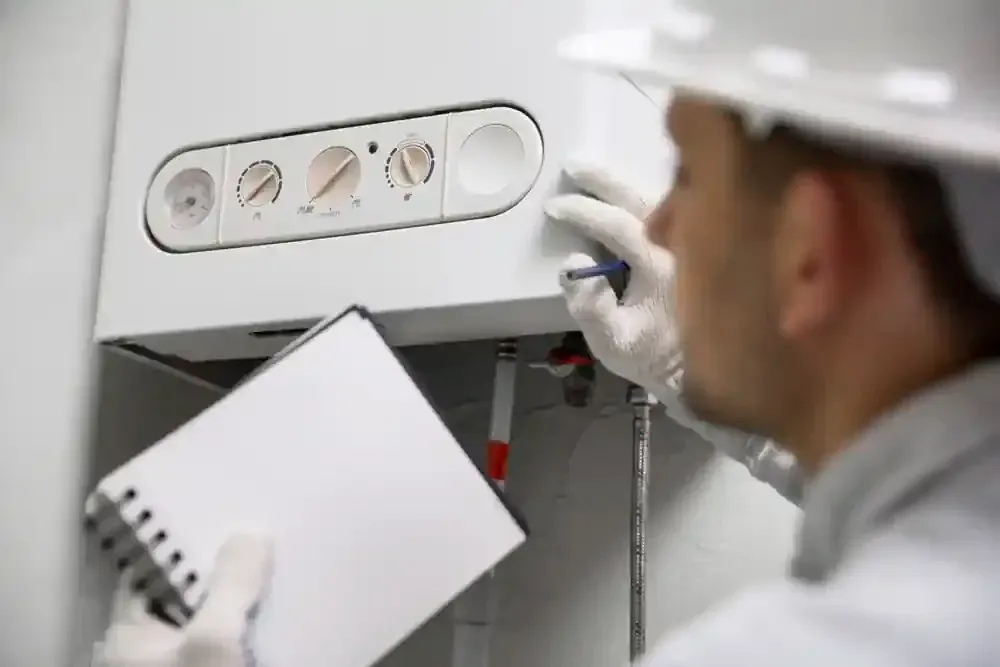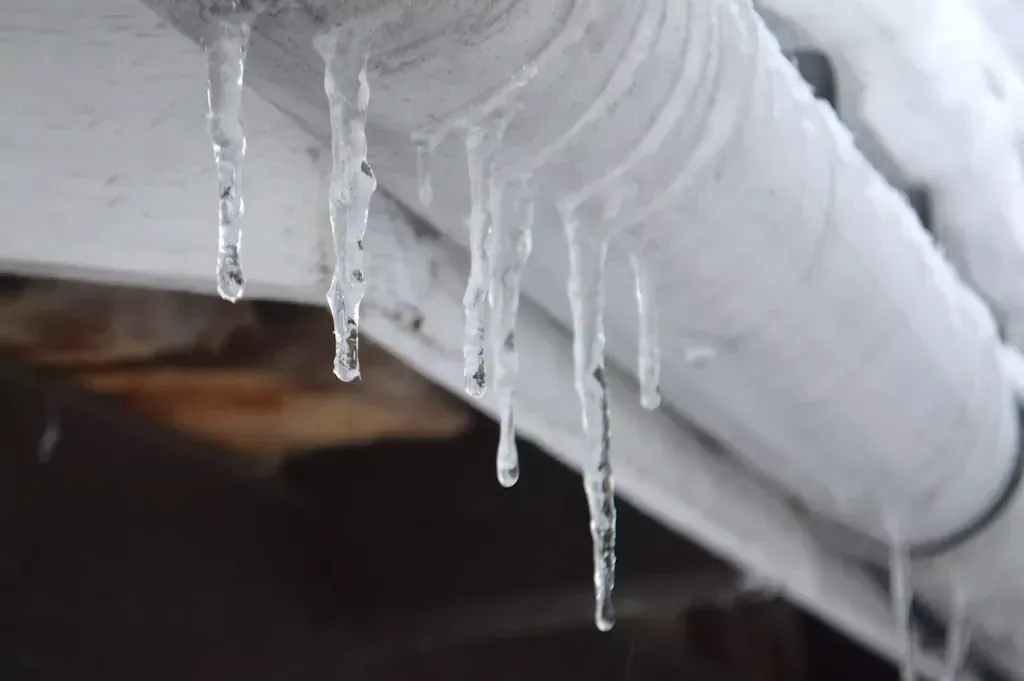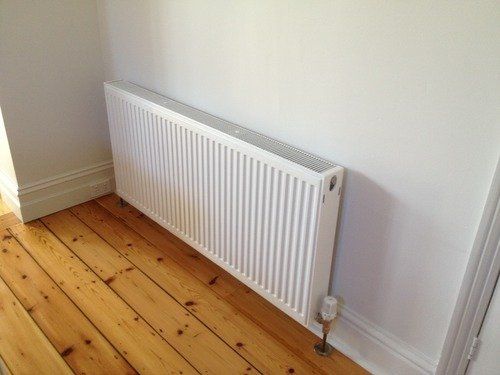How To Fix and Prevent Blocked Drains in your home
Drains are designed to remove unwanted waste and water effectively, so when they become blocked and cannot perform this function, it can be very frustrating and incredibly inconvenient. For this reason, it is important to know how to prevent blocked drains and keep your home in perfect working order.
If you don’t know the warning signs that indicate your drain may be blocked, it could result in unwanted costs to fix and can cause unnecessary stress. Here are the warning signs to look out for:
- Unpleasant odours – Blocked drains have a tendency to emit unpleasant odours, usually caused by food debris build up in the unit. As food slowly decomposes, it creates a noticeably bad smell. If an odour like that is coming from your sink, it's likely it's blocked.
- Gurgling sounds – If you hear strange gurgling sounds from your drains or plug holes, they should be treated as a potential blockage. These sounds occur when there is trapped air in the drain, and it escapes when you run water from the tap.
- Drainage is slow – This is the most common and visually noticeable indicator that your drain may be blocked. When water has to filter through or around a blockage, the flow becomes sluggish and you find yourself becoming impatient waiting for the water to drain from the sink/bath.
- Raised water levels – If you flush your toilet and notice the water level rises higher than normal, this typically means there is a blockage.
How to prevent blocked drains
There are many different methods you can utilise to prevent things from getting to this stage. Keep reading to find out what they are and how you can save yourself the hassle of dealing with a blocked drain or two in your home.
Clean regularly
Whether you decide to use DIY methods or cleaning products bought from the shop, there are so many ways which you can effectively clean your drains and prevent blockages during the process. Natural products are safer than chemical-based cleaners you find at the supermarket, so we recommend you go for the natural options where possible.
Baking soda and vinegar are a classic natural combination many households use for cleaning, and the dynamic duo will effortlessly keep your drain clear and odour-free. All you need to do is combine 70g baking soda with 30g table salt and pour it down the drain. Then, pour 250ml of heated vinegar down the drain too, and it will start foam and bubble. When this happens, simply cover the drain with the plug to prevent the duo mixture from escaping the place you want it. Let it sit for 15 minutes, and then run the hot tap or pour boiling hot water down the drain. If your drain has a stubborn clog, repeat the process until you feel it has been removed. Do this once a month on a regular basis, and your drain will less likely become blocked in the future and will remain in optimal working condition.
Hot water
Pouring boiling hot water down your drain is possibly the easiest and most cost-effective way to preventing a blockage in your drain. If you think any oil or other component has made its way into your kitchen sink, you need to act fast before it solidifies and blocks the drain. Pouring hot water down the sink will simply melt the unwanted fat and oil so it can exit your drain without causing any issues. However, it should be noted that if you have PVC pipes, the hot water could cause the joints in the system to loosen. So make sure you know if you have PVC pipes or not before using this technique.
Be cautious of what you flush
Flushing unsuitable items down your toilet could cause you a lot of problems, and not only lead to blocked drains but flooding of your home. To avoid this, we have devised a list of the most common objects that people flush down the toilet which causes major damage to the system:
- Feminine products
- Paper towels
- Baby wipes/wet wipes
- Cotton balls
- Nappies
- Medication
- Gum
- Cigarette butts
- Dental floss
The only things you should flush down your toilet is human waste and toilet paper - NOTHING MORE!
Invest in a sink strainer
A sink strainer is a type of metal sieve that filters out solid debris in your water system. In your household, you can use a sink strainer as a drain cover for your kitchen sink, shower or bath. A simple yet effective tool to have, especially if you're guilty of putting food debris down the sink. Click HERE to shop for sink strainers we recommend.
Collect your food waste
As we're on the subject of food debris and how problematic it can be, we recommend you collect the food before it goes down the drain. You should make a conscious effort to collect as much food waste as possible. Not only will this prevent your drains from getting blocked, but it is also exceptionally good for the environment. A brilliant way to be more eco-friendly, as well as avoiding clogged up drains, is to opt to creating your own compost from your food waste.
Call a professional
Plumbing is very complicated, and if you are not well informed of how to fix a plumbing issue, it is best to leave it to the professionals. As well as having a dedicated and fully qualified team of plumbers that can effectively repair your blocked drain, here at Assett Plumbing we offer many services that will keep your home's plumbing working to the best of its ability. If you think you could use our help, contact us today on 01604 372395.



